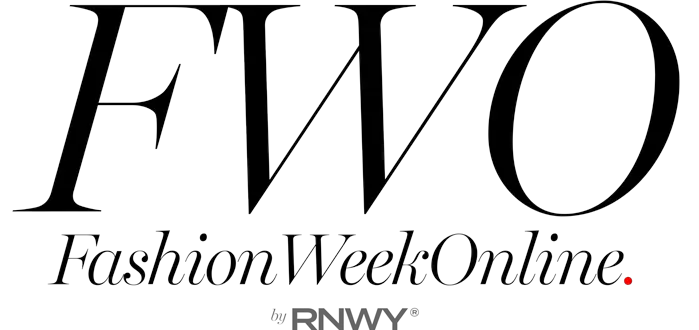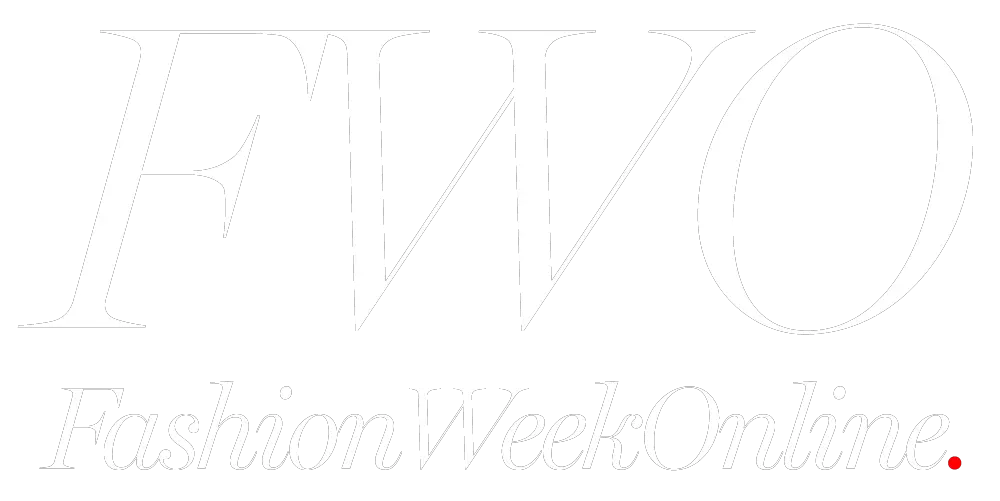Stepping into the fashion industry as an entrepreneur brings its own set of challenges, particularly when it comes to finances.
This article demystifies financial management for up-and-coming fashion moguls, offering 12 pivotal tips that pave the way for a financially sound business.
From managing everyday costs to sophisticated budgeting strategies, we equip you with the essential tools to succeed in this vibrant industry.
Understand and Categorize Your Costs
In the fashion industry, keeping a tight rein on your expenses is critical to maintaining profitability.
First, distinguish between your fixed costs, like rent and salaries, and variable costs, which include materials and production expenses.
Doing this will allow you to track where your money goes and identify potential savings, boosting your bottom line.
You should also use a credit monitoring app to keep track of your credit score. This will help you plan better for potential loans, if need be.
Set Clear Financial Goals
Setting clear, actionable financial goals is the first step toward scaling your business.
Define your financial goals within a specific timeframe, then determine the necessary actions.
This strategic approach keeps you focused, helps budget allocation, and anticipates future growth needs.
Strategic Budget Planning
A well-planned budget acts as your financial roadmap. Begin with a simple spreadsheet; list your expected income and expenses month by month.
Implement a three-column setup – Budget, Actual, Difference – to compare your projected budget against what you earn and spend. This method helps you stay on track and make informed adjustments as needed.
Invest in Marketing Strategically
Effective marketing is crucial but should be strategic and economical, particularly for emerging businesses.
Start by investing in high-quality photography, a professionally designed website, and compelling visual branding. These are crucial for making a positive first impression and drawing in customers.
As your business expands, incrementally increase your marketing budget to incorporate targeted social media ads and digital campaigns, enhancing your visibility and growing your customer base.
Pricing Strategies for Maximum Profit
Develop pricing strategies that reflect the actual costs of your products, market demand, and customers’ perceptions of their value.
Start by calculating the costs involved in production and factor in your desired profit margin.
Regularly gather customer feedback and monitor market trends to adjust your pricing, ensuring it remains competitive and profitable.
Efficiently Financing Your Startup Inventory
Carefully consider how you finance your inventory, as your choices here can significantly impact your financial health.
Options like small business loans, lines of credit, or even strategic partnerships can provide the necessary funds without overextending your finances.
For those looking into credit options, exploring tools like Crédito, which offers a deep dive into Mexico’s best credit card offers, can be invaluable. This ensures you choose the best credit facilities that match your business needs.
It’s crucial to balance your inventory levels – having enough to meet customer demand but not so much that your cash flow is tied up in unsold stock.
Managing Cash Flow for Operational Stability
Cash flow is the lifeline of your fashion business. Manage your receivables and payables effectively to ensure you have more money coming in than going out.
Encourage quick customer payments through discounts for early payment and set up favorable payment terms with suppliers to delay outflows. It will help you maintain a steady cash flow, keeping your business operational and financially stable.
Create an Event Fund for Direct Customer Engagement
Direct interaction with customers through events like pop-up shops, markets, or fairs can significantly boost your brand’s visibility and sales.
Set aside a specific fund for these activities to ensure you can seize opportunities without straining your regular budget.
Such events allow you to connect personally with your audience, building loyalty and enhancing customer experience.
Produce Smaller, More Focused Collections
Starting with smaller, more targeted collections can minimize costs and test market reactions without taking any significant financial risk.
This approach lets you understand what resonates with your customers, enabling you to adjust future designs and production volumes accordingly.
Making smaller collections also streamline your inventory management, reducing the complexity and cost of large-scale production.
Build and Promote a Strong Brand Identity
Creating and effectively promoting a distinct brand identity is essential for setting yourself apart in the competitive fashion industry.
Invest in creating a nice logo, consistent messaging, and engaging marketing materials.
Use social media platforms to tell what your brand does, showcase your products, and engage with your audience. Doing this will enhance your market presence and attract new customers.
Embrace Technology for Business Efficiency
There are tech tools designed to streamline business operations. This encompasses everything from managing finances to properly relating with customers.
Use tools like accounting software for real-time budget tracking, e-commerce platforms for online sales, and customer data platforms for targeted marketing.
These technologies will help save you time and provide you with valuable insights that will allow you to drive business decisions.
Stay Informed on Financial Regulations and Market Trends
Keeping up-to-date with financial regulations and market trends is vital to ensuring your fashion business remains compliant and competitive.
Regularly educate yourself about new financial laws, industry standards, and shifts in fashion trends to adapt your business strategy accordingly.
This knowledge helps you anticipate consumer preferences and regulatory environment changes, allowing for proactive adjustments to your business model.
##





